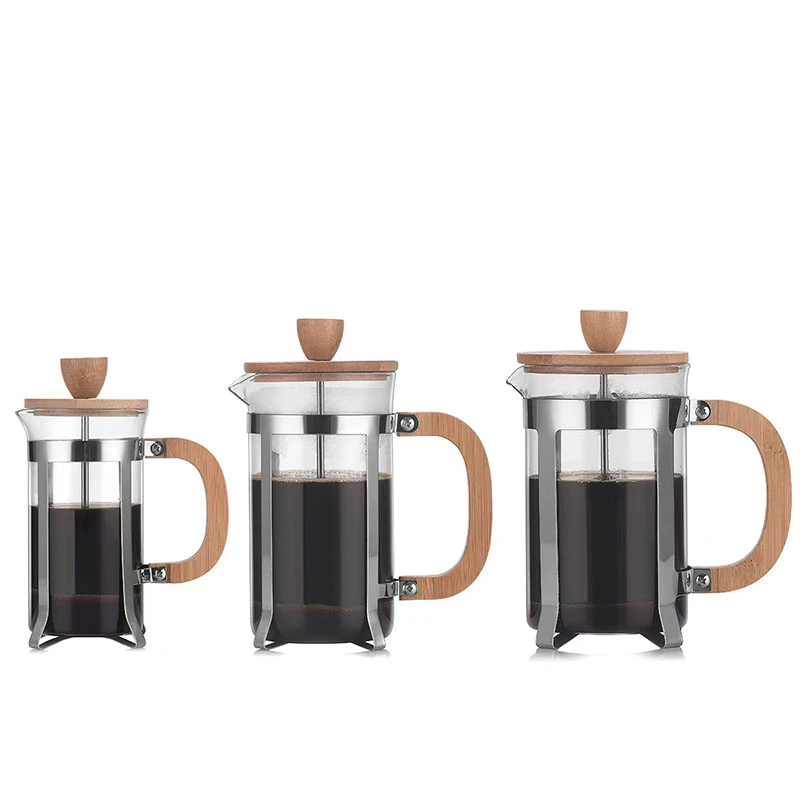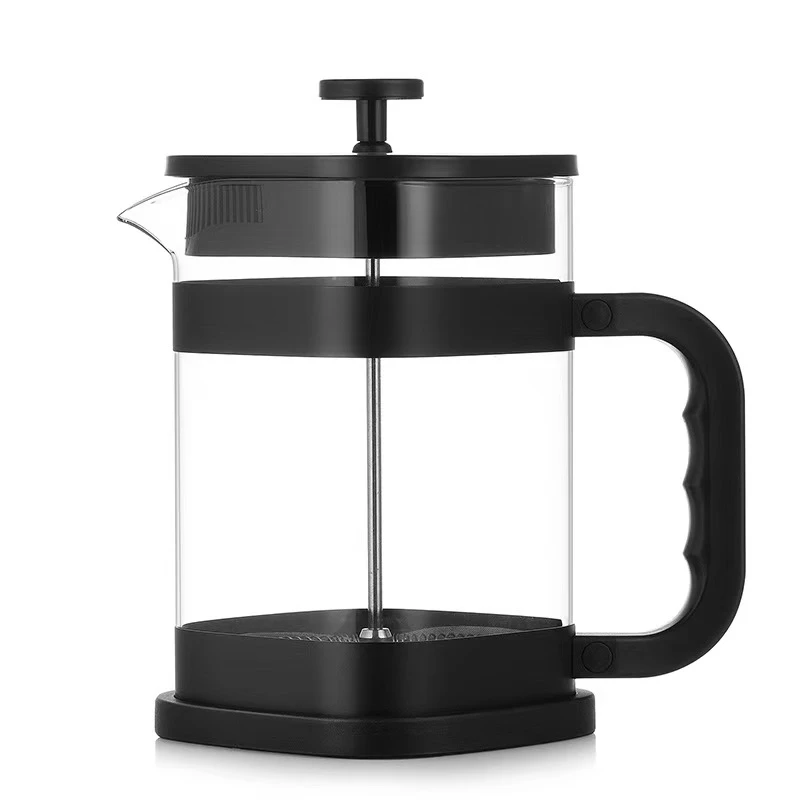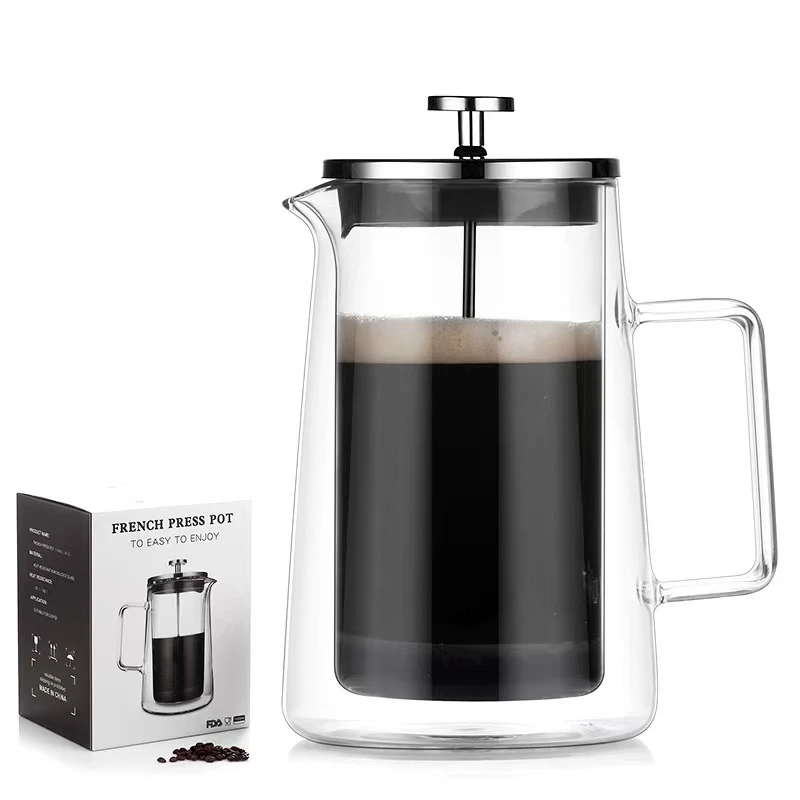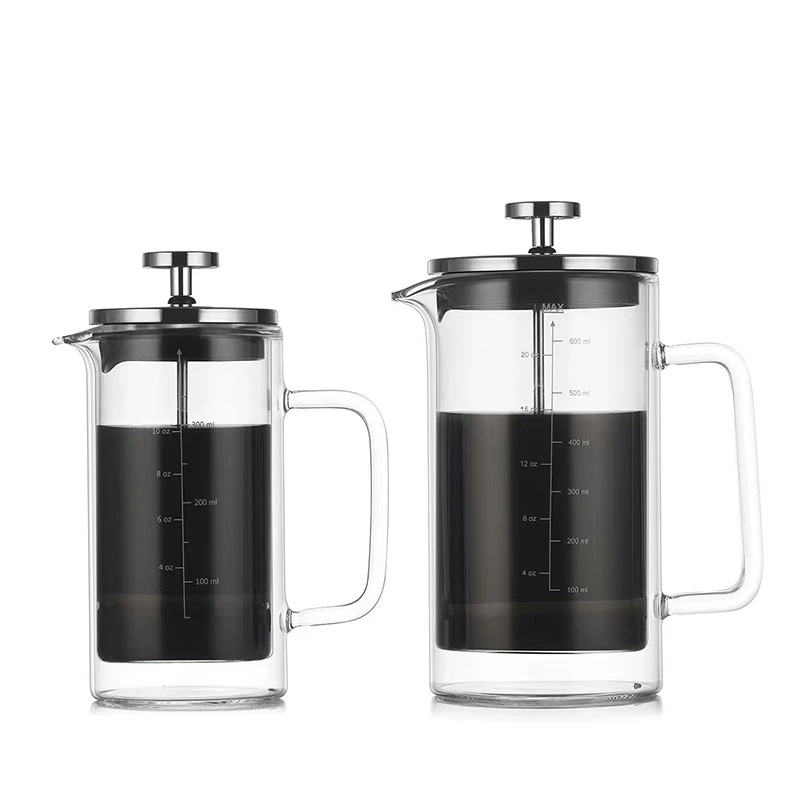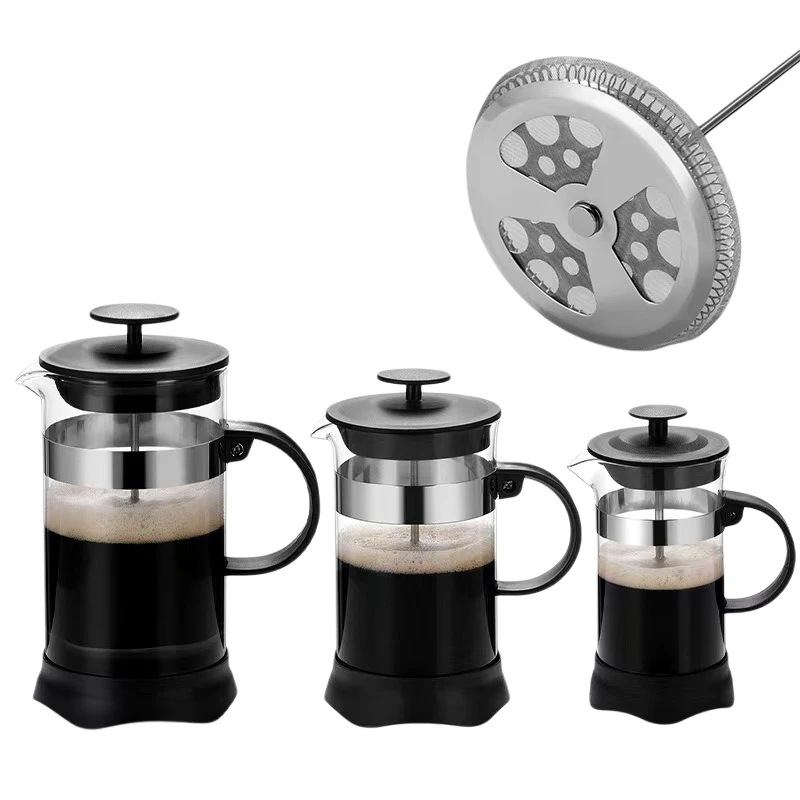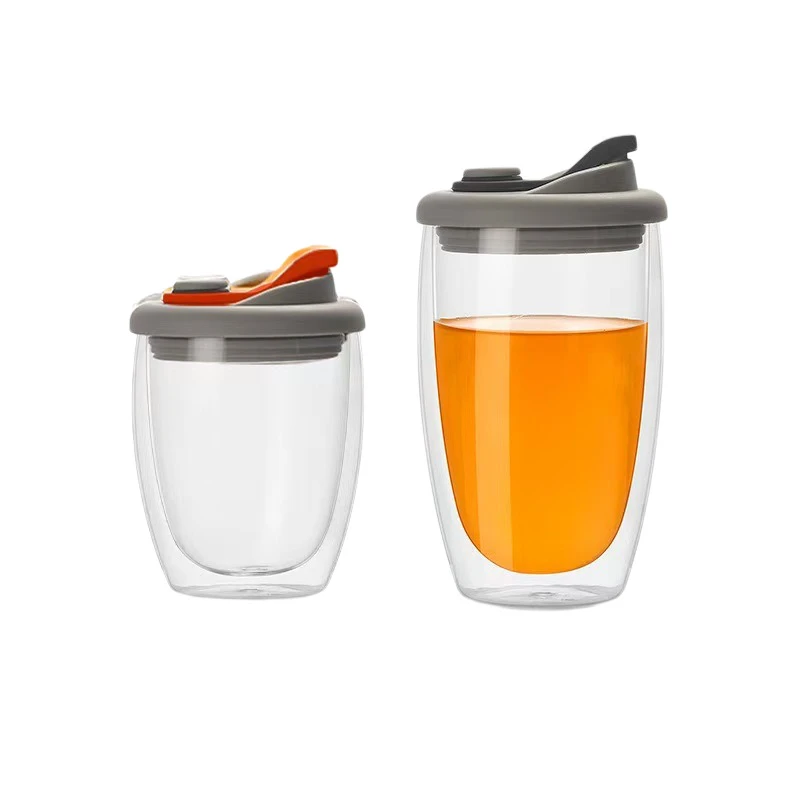 TEL: +86 311 67799298
TEL: +86 311 67799298 Email: tina@yintoglassware.com
Email: tina@yintoglassware.com
are glass storage containers better than plastic
Are Glass Storage Containers Better Than Plastic?
In recent years, the debate over whether glass storage containers are better than plastic has gained significant traction. As more people become aware of the environmental impact of plastic, as well as health considerations, many are reconsidering their storage choices. This article will explore the benefits and drawbacks of both glass and plastic storage containers to help you make an informed decision.
Health and Safety
One of the primary advantages of glass storage containers is their safety profile. Glass is non-reactive, which means it won’t leach harmful chemicals into food or beverages. Many plastic containers, especially those made from polycarbonates, can contain bisphenol A (BPA) and phthalates, which have been linked to various health issues. While BPA-free plastics have become more common, concerns remain regarding the long-term safety of these alternatives. Glass, on the other hand, is inherently safe and does not pose these risks, making it the clear choice for those concerned about chemical exposure.
Durability and Longevity
When it comes to durability, glass outshines plastic in many respects. Glass containers are generally more resistant to heat and can safely be used in the oven, microwave, and dishwasher. While plastic can warp and degrade over time, glass maintains its shape and clarity even after years of use. Additionally, glass containers tend to have a longer lifespan, which can make them a more sustainable choice in the long run.
However, it is essential to note that glass is more fragile than plastic. If dropped, glass containers are likely to shatter, leading to potential safety hazards. In contrast, plastic is lightweight and less likely to break, making it a preferred option for families with young children.
Environmental Impact
are glass storage containers better than plastic
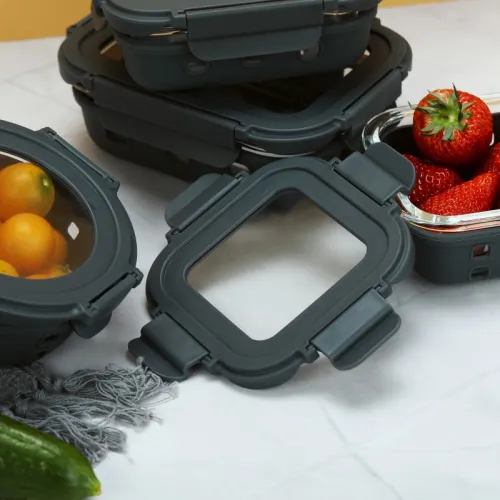
From an environmental perspective, glass has an advantage over plastic. Glass is 100% recyclable, and the recycling process does not degrade its quality. In contrast, plastic recycling often results in lower-quality materials, which eventually end up in landfills or oceans. Since plastic takes hundreds of years to decompose, the environmental footprint of plastic storage containers is significant. By choosing glass, consumers contribute to reducing plastic waste and promoting a more sustainable practice.
Aesthetic Appeal
Beyond functionality, glass storage containers offer aesthetic benefits. Their clear surfaces allow for easy visibility of contents, making meal prep and storage more convenient. Additionally, many people find glass containers to be more visually appealing than plastic, enhancing the overall look of kitchens and dining areas. This aesthetic quality can be especially important for those who enjoy hosting and presenting food in appealing ways.
Cost Considerations
While glass containers may have a higher initial cost compared to plastic, the advantages in durability and health safety can outweigh the investment. Moreover, the longevity of glass can lead to cost savings over time, as you won’t need to replace them as frequently as you would plastic containers.
Conclusion
In conclusion, whether glass storage containers are better than plastic largely depends on individual priorities and preferences. For those prioritizing health, environmental impact, and durability, glass is the superior choice. However, for consumers looking for lightweight, shatter-resistant options, plastic may still hold some appeal. Ultimately, assessing your needs and lifestyle will guide you to the best storage solution for your home.
-
Benefits of Vacuum Containers with Pumps for Food PreservationNewsJun.12,2025
-
Glass Food Storage Container with Lid for Seal PreservationNewsJun.12,2025
-
Styling Amber Glass Plates for Modern TablescapesNewsJun.12,2025
-
Benefits of Double Wall Coffee Cups for Heat RetentionNewsJun.12,2025
-
Colored Glass Bowls in Cultural TraditionsNewsJun.12,2025
-
Durability of Colored Glass Dinnerware Compared to CeramicNewsJun.12,2025



